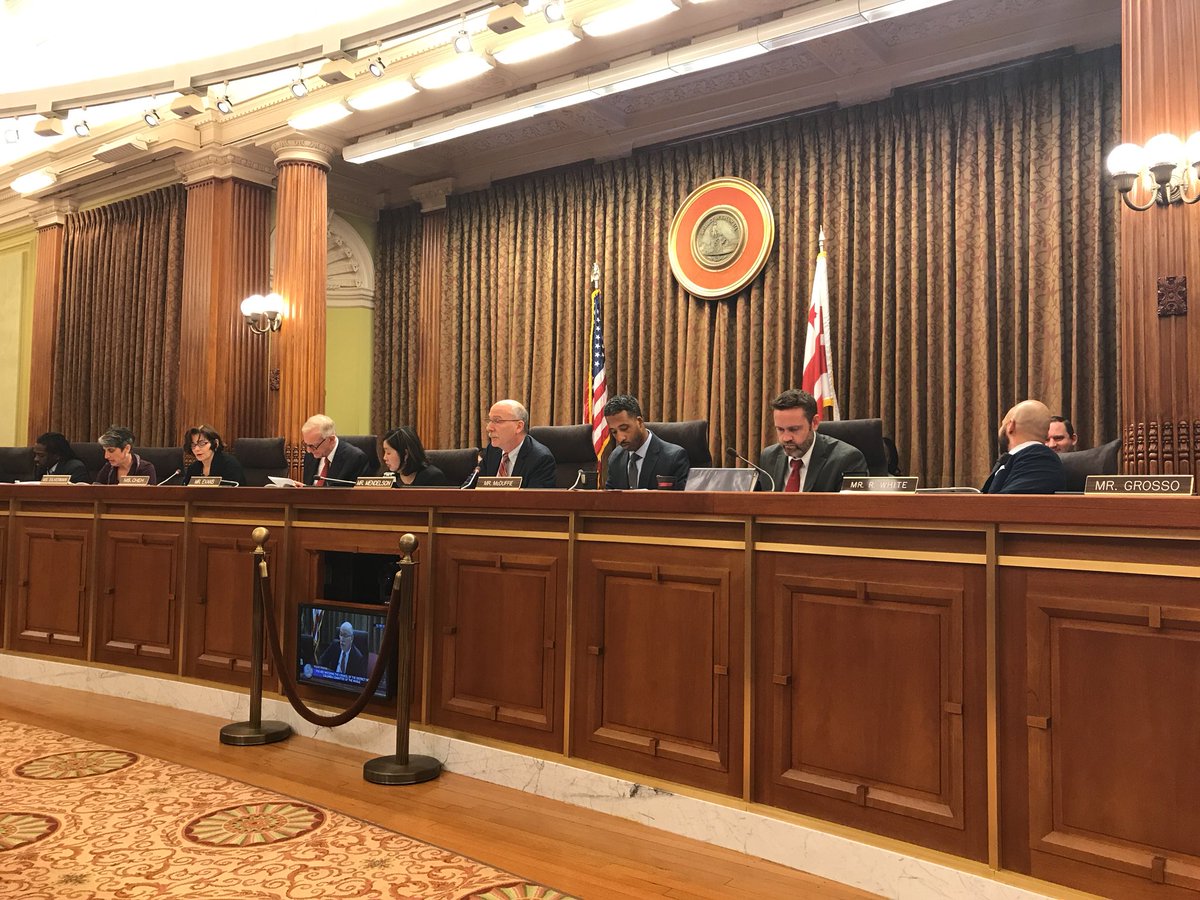Connecticut legislators recently hit a bump in the road in their effort to defund a state program that provides taxpayer funding to political campaigns. Organizations like the National Institute on Money in State Politics (NIMSP) hailed this development in a post touting the reduction of “special interest” influence in elections after the program was implemented in 2008. NIMSP bases this claim on a hefty 98% decline in the amount of “non-individual” contributions to winning candidates, from an average of $2.1 million from 2000 to 2006 to $34,412 from 2008 to 2016 (although, notably, such contributions had already fallen 34% from 2002 to 2006).
To say this decline is significant would be an understatement. The question is: does this mean that Connecticut’s tax-financing system really reduces the “potential costs of corruption” and allows lawmakers to “[do] what is right instead of what a big donor may think is best,” as the State Elections Enforcement Commission claims?
Not exactly.
CCP has examined such assertions in the past. In an October 2012 report, we found that the voting patterns of legislators participating in Connecticut’s tax-financing program did not become less friendly to “special interests” beginning in 2008. In fact, their voting records show they may have fallen more in line with “special interests” overall after the passage of tax financing. Nor has CCP found any reduction in lobbyist or “special interest” influence in other tax-financing states. In metrics for public corruption and “good governance,” Connecticut ranks in the middle of the pack among the 50 states (18th and 20th, respectively) despite being one of only five states to give tax dollars to legislative candidates. As CCP’s research demonstrates, electoral competitiveness is also unaffected by whether or not a state has tax financing.
Despite these findings, NIMSP and others might still argue that reducing donations from “special interests” is a good thing. Are they right?
Not if you want people to be able to express a broad range of perspectives and opinions in political discourse.
Let’s look at what NIMSP means by “special interest” donations. In their study, they equate “non-individual” political contributions with donations from “special interests.” Importantly, “non-individual” doesn’t mean donations from just any organization – it explicitly excludes party committees and candidate-controlled committees. This means that a reduction in “non-individual” spending basically just means that private organizations have less of a voice in politics, while politicians and the major political parties have more.
This is why the term “special interests” is such an unfair slur. Every American has their own “interests” depending on their beliefs, their personal identity, their culture, and their various affiliations. Reducing the influence of “special interests” means less of a voice for ordinary citizens too. Since NIMSP’s data also shows that individual donations to winning candidates dropped a staggering 83% from $8,317,774 in 2006 to $1,399,366 in 2008 (the election cycles immediately before and after the implementation of tax-financing), it could be argued that individuals now have less influence in government too.
Note that, compared to individual donations alone, interest group contributions were never that large in Connecticut anyway. Besides being dwarfed relative to absolute spending, between 2000 and 2016, contributions from “non-individuals” never averaged more than $320 per donation – and the high point was reached in 2010, after public financing was already instituted. More importantly, does anybody really think $320 is enough to sway a legislator to vote against the public good in favor of a special interest?
If tax-financing causes politicians to rely less on fundraising from individuals and private organizations, it means they are relying more on the government – which is to say, other politicians. Those in power can change the laws, while taxpayers cannot refuse to fund the program. Indeed, Connecticut’s program requires that candidates reach only a certain threshold of $5 to $100 individual donations to qualify for taxpayer funding (300 in-district donors and $15,000 in total contributions for State Senate candidates vs. 150 in-district donors and $5,000 for State Representative candidates). This means that once candidates raise enough to qualify for public funds, they can easily neglect voluntary donors. This tangibly harms the way politics is conducted. Fundraising is an important way to develop campaign strategy, identify supporters, and reach out to a diverse array of constituent groups.
Americans should not welcome a trend whereby politicians are the only ones able to talk about themselves or have a significant impact on elections. Even if “special interests” have a reduced role in government compared to before, all citizens are worse off for having less of an ability to advocate for their interests or hear different perspectives on political issues. The First Amendment protects every American’s right to speak, assemble, and petition the government. To cheer the decline of interest group participation is to cheer the deterioration of those practices.
None of this is likely to sway the politicians and activists who want government to have a larger role in setting the terms of political debate. But for those critically examining their claims, it is worth remembering that regulations reducing participation in politics are harmful to free speech, and that there is no evidence that tax-financing programs improve government or decrease corruption.














